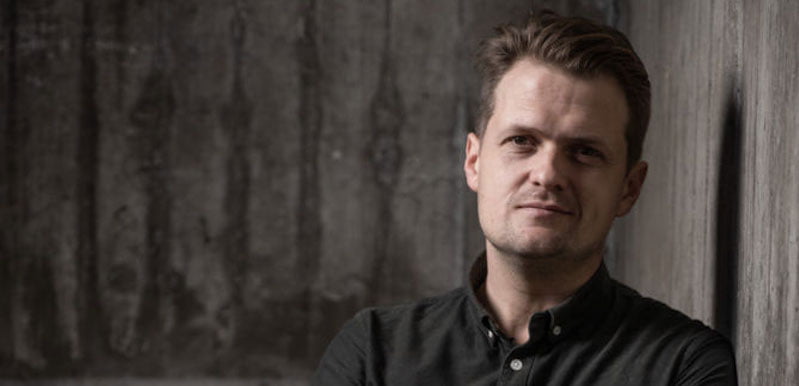Restart-19: “Heroes” simulate Covid-19 spread at test show
1,500 volunteers spent ten hours inside Arena Leipzig on Saturday as part of a scientific experiment that aimed to show how coronavirus travels at indoor events
By IQ on 24 Aug 2020

The experiment used a smoke machine to model the spread of aerosols
image © Universitätsmedizin Halle (Saale)
The scientists behind the Restart-19 project, who invited thousands of volunteers to take part in three experimental concerts in Germany on Saturday, say the study should provide valuable data about the Covid-19 infection risks posed by large indoor events.
Fifteen hundred people took part in the experiment, held at the Quarterback Immobilien Arena (12,200-cap.) in Leipzig on 22 August as part of Restart-19, a partially publicly funded research project run by the University Hospital in Halle (Universitätsmedizin, UKH).
As IQ reported in July, the study comprised three concerts by singer Tim Bendzko: one with no social distancing at all, pre-coronavirus style; one with “optimised hygiene measures”, such as more entrances/exits and some distance between concertgoers; and one with full social distancing, with attendees seated 1.5 metres apart.
“We are very satisfied. The data acquisition went very well”
While the UKH team initially planned for the experiment to involve 4,000 people, data from the 1,500 volunteers – each of whom was equipped with a tracker device – provided enough information to “work with very well”, says Restart-19 head Dr Stefan Moritz.
For all three scenarios, which took place over ten hours, attendees (who were tested for Covid-19 in advance, and had their temperatures checked prior to entry) were asked to wear a face covering and use hand sanitiser containing fluorescent dye. The dye-laced disinfectant then marked “high-touch” areas when the audience simulated going to the loo or visiting F&B vendors between shows, as requested by Moritz’s team.
“We are very satisfied,” he said on Saturday. “The data acquisition went very well, so we have good quality data; the mood is great; and we are extremely please with how disciplined people have been in wearing the mask and using the [hand] disinfectant.”

Other tests included the use smoke machines to reproduce the spread of aerosols in an indoor arena environment (it is believed the coronavirus can survive in the air for up to three hours) and the simulation of public transport traffic to and from the venue.
“We are excited to see what will come of the study,” says Matthias Kölmel, managing director of arena operator ZSL Betreibergesellschaft, who nevertheless emphasises that “this is not a panacaea.”
In Saxony, of which Leipzig is the most populous city, events of up to 1,000 people are currently permitted with social distancing. In Germany as a whole, a federal ban on non-distanced large-scale gatherings is in place until at least November.

Bendzko says he hopes the Restart-19 show can help speed along the return of “real concerts”, for the sake of Germany’s love music industry.
“I hope that the results will help us to play real concerts in front of an audience again soon,” he says, adding that the vast majority of people involved in music and events work in the background, rather than on stage. “We are approaching a major disaster here and we urgently need to find solutions.”
Karsten Günther of SC DHfK Handball, which plays in the arena, pays tribute to the 1,500 people who gave up their Saturdays to be part of the experiment. “[They stood] in the pouring rain outside the venue, waiting to be admitted, then spent ten hours with us during the day, going in and out three times in the heat of the midsummer,” he says. “These are our heroes.”
This article forms part of IQ’s Covid-19 resource centre – a knowledge hub of essential guidance and updating resources for uncertain times.
Get more stories like this in your inbox by signing up for IQ Index, IQ’s free email digest of essential live music industry news.




